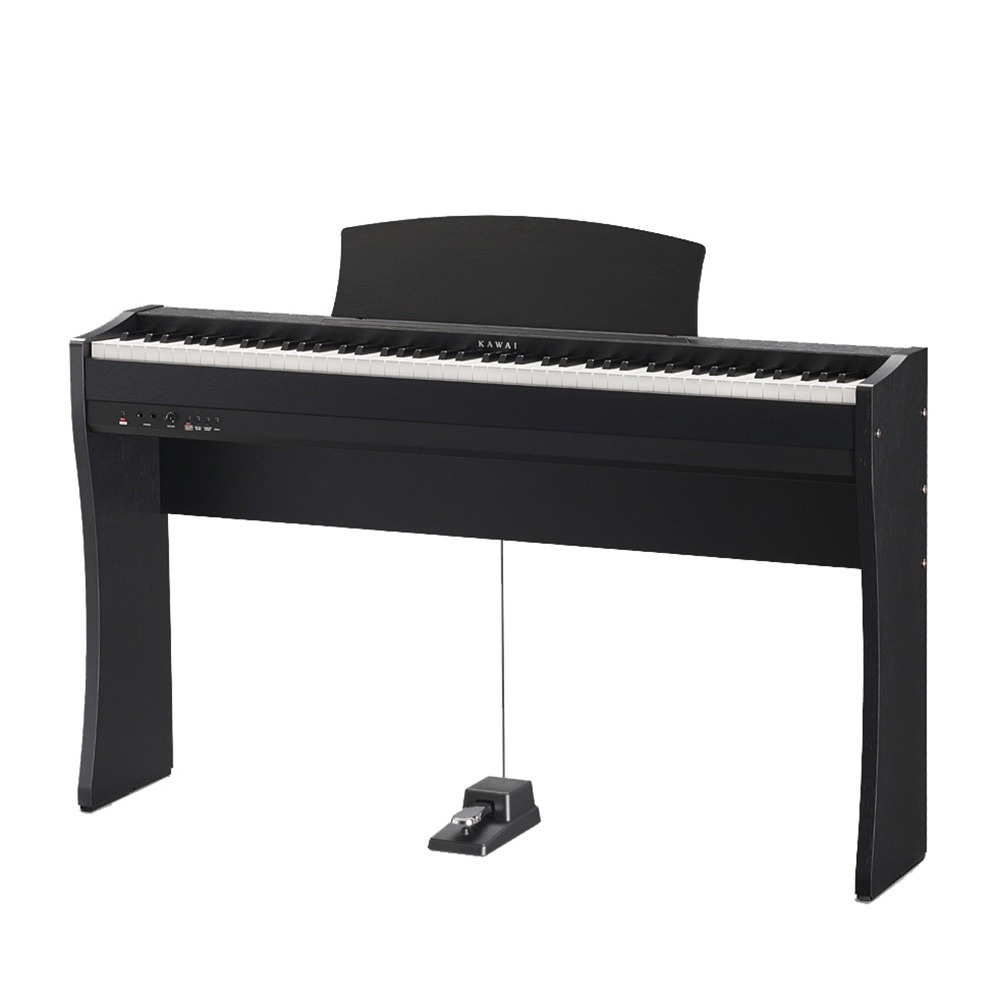1. Introduction
The digital piano has come a long way since its inception and is now a popular choice for many classical pianists. Digital pianos are an excellent choice for those who want to practice and perform classical music, as they offer the same feel and sound of an acoustic piano but with the added convenience of digital technology. In this article, we will explore the benefits of a digital piano for classical pianists and what to look for when choosing one. We will also look at some of the top digital pianos on the market today that are ideal for classical music.
2. Benefits of a Digital Piano for Classical Pianists
Digital pianos offer many benefits for classical pianists, including portability, affordability, and convenience. With a digital piano, you can practice anywhere, anytime without having to worry about tuning or moving an acoustic piano. Digital pianos also allow you to record your playing and use headphones so you can practice without disturbing anyone else. Additionally, digital pianos are typically more affordable than acoustic pianos and offer a wide range of features and sounds that can help you enhance your playing.
3. What to Look for When Choosing a Digital Piano
When choosing a digital piano for classical music, there are several factors to consider. These include weighted keys, polyphony and sound quality, connectivity and MIDI compatibility, portability and durability, and price range.
4. Weighted Keys
Weighted keys are essential for playing classical music as they provide the same feel as an acoustic piano. Weighted keys should be weighted evenly across all octaves so that each note feels consistent regardless of where it is played on the keyboard.
5. Polyphony and Sound Quality
Polyphony is the number of notes that can be played simultaneously on a digital piano. The higher the number of polyphony, the better the sound quality will be as more notes can be played at once without any notes being cut off or distorted. Look for a digital piano with at least 64-note polyphony for optimal sound quality when playing classical music.
6. Connectivity and MIDI Compatibility
Connectivity is important when choosing a digital piano as it allows you to connect your instrument to other devices such as computers or tablets so you can access additional sounds or record your playing digitally. Additionally, look for a digital piano with MIDI compatibility so you can connect your instrument to other MIDI compatible devices such as synthesizers or sound modules for even more options when creating music.
7. Portability and Durability
If you plan on taking your digital piano with you to gigs or lessons, it is important to choose one that is lightweight and portable yet still durable enough to withstand regular use in different environments. Look for a model with good build quality that is easy to transport yet still provides excellent sound quality when playing in different venues or settings.
8. Price Range
Digital pianos range in price from budget-friendly models to high-end instruments that cost thousands of dollars. It is important to choose one that fits within your budget while still offering all the features you need in order to get the most out of your instrument when playing classical music.
9 Top 5 Digital Pianos for Classical Pianists
To help you find the best digital pianos for classical music, here are five top models:
1) Yamaha YDP-184 – This 88-key model has Graded Hammer Standard (GHS) weighted keys which provide an authentic feel similar to an acoustic grand piano while also offering 128-note polyphony and 192kHz/24bit audio sampling technology which ensures excellent sound quality no matter where you play it;
2) Kawai MP11SE Professional Stage Piano – This 88-key model features Kawai’s Responsive Hammer III action which provides an incredibly realistic grand piano feel while also offering 256-note polyphony;
3) Roland RD-2000 – This 88-key model features Roland’s Progressive Hammer Action Keyboard which provides an authentic grand piano feel while also offering 128-note polyphony;
4) Nord Stage 3 – This 88-key model features Nord’s Semi-Weighted Waterfall Keyboard which provides an incredibly realistic grand piano feel while also offering 256-note polyphony;
5) Korg Grandstage 73 – This 73-key model features Korg’s RH3 weighted keybed which provides an incredibly realistic grand piano feel while also offering 128-note polyphony;
10 Conclusion
In conclusion, choosing the right digital piano for classical music can be difficult but by considering factors such as weighted keys, polyphony and sound quality, connectivity and MIDI compatibility, portability and durability, price range, and top models available on the market today you should be able to find one that meets your needs perfectly! < h 2 > 11 . Resources/References
https://www.digitalpianoreviewer.com/best-digital-piano/best-for/classical/ https : //www . sweetwater . com / c55–Digital_Pianos_&_Keyboards / c307–Digital_Pianos / https : //www . thomann . de/gb/digital_pianos . html

